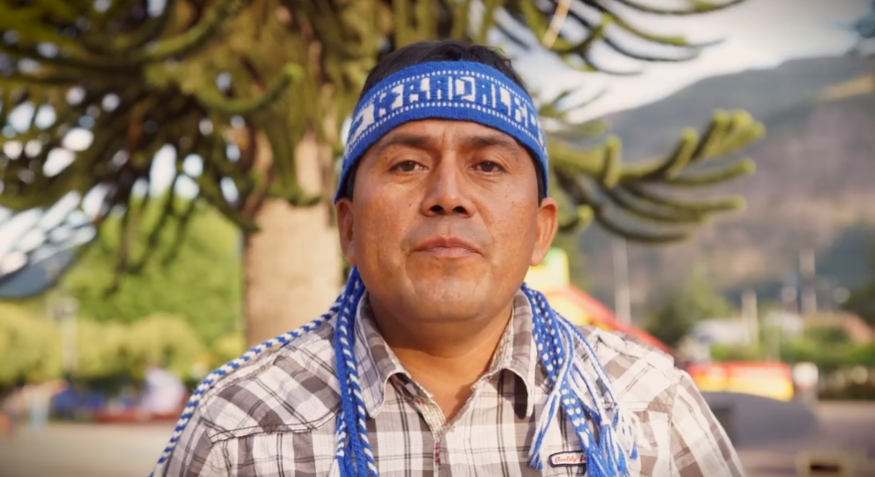2019 Goldman Environmental Prize Winner, Chilean Alberto Curamil, Acquitted on All Charges

Alberto Curamil, an indigenous Chilean leader, has been acquitted after judges unanimously voted to lift all charges filed against him.
It can be recalled that Alberto Curamil was charged with robbery and illegal possession of firearms together with Alvaro Millalen. However, according to his supporters, the accusation against Curamil is politically motivated.
NBC News reports that the charges against Curamil came after he stopped the construction of hydroelectric dams in Chile. His action led him to receive the 2019 Goldman Environmental Prize or known as "Green Nobel" or "Environmental Nobel."
Meanwhile, Curamil's daughter Belen said: "I am very happy because we knew that both Alberto Curamil and Álvaro Millalén were innocent. If they were imprisoned for so long, it is because they raised their voices and fought for our territory, for the freedom of our 'mapu,' the freedom of our rivers and the freedom of the Mapuche people."
The case of Curamil caught the attention of international organizations and his case was supported by prominent American lawyers. This includes professor emeritus of George Washington University Law School, Dinah Shelton and a professor of international law at Wake Forest University who also happened to be the United Nations special rapporteur on Human Rights and the environment John Knox.
The American lawyers wrote a court brief on Curamil's behalf last week. In the brief it was stipulated that judiciary has the "obligation to provide a special protection to human rights defenders and the phenomenon of the criminalization of human rights defenders as one of the ways in which their work is frequently hindered in the continent and in Chile, especially affecting indigenous leaders," It was also written in the brief that America is the most dangerous region in the world in terms of defending human rights.
The brief submitted to the court also served as warning points most especially for the environmental defenders across Central and Latin America who were imprisoned or killed. Moreover, two of the Goldman Prize winners were killed in 2016 and 2017. Berta Caceres who won in 2015 was killed in 2016 after she protested in the construction of dams in Honduras while Isidro Baldenegro who won in 2005 and who was imprisoned for 15 months after opposing logging in Mexico was shot dead in 2017.
In 2018, the International NGO Global Witness reported that there are 164 deaths recorded in land and environmental defenders worldwide and more than half of this happened in the territories of America. Meanwhile, it is assumed that there are three environmental defenders killed every week.
Professor at the University of Florida Joel Correia who specialized in Latin American studies said: "The last 5-10 years have seen an upturn in the criminalization of social movements, environmental activists, human rights and land defenders, in many countries across the region and individuals are regularly stigmatized to justify legal prosecution against them, also often tacitly suggesting extra-legal action be taken against that person."
It was found out that the only evidence that they had against Curamil to a robbery was an anonymous tip to Chile's Interior Ministry. Curamil then spent 15 months imprisonment as the maximum sentence while waiting for his trial. Coincidentally in the same period, a Hydroelectric project of Huenivales Company was approved.
Unfortunately, Curamil was again arrested in 2018 because he was allegedly robbing a cooperative together with three other men. A raid to Curamil's residence was immediately conducted at Lof Radalko but no DNA traces of Curamil were found in the weapons and physical evidence that would link him and three other men to the robbery.
Subscribe to Latin Post!
Sign up for our free newsletter for the Latest coverage!

















